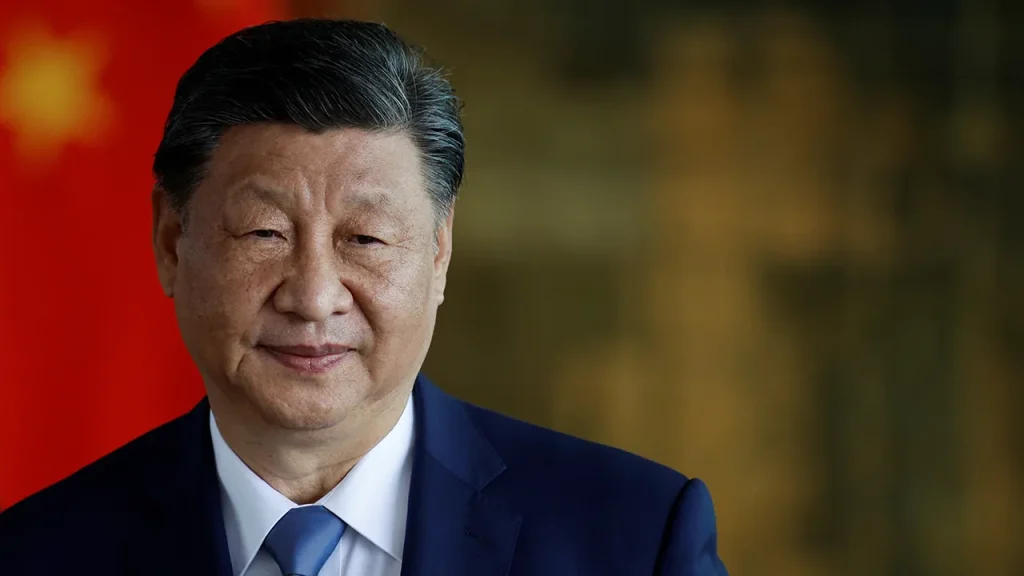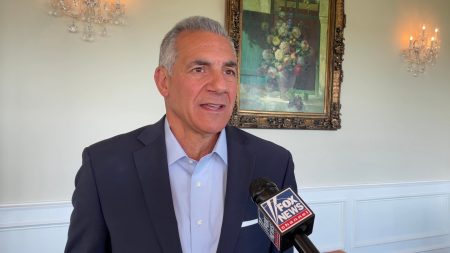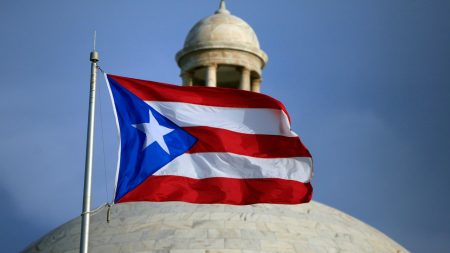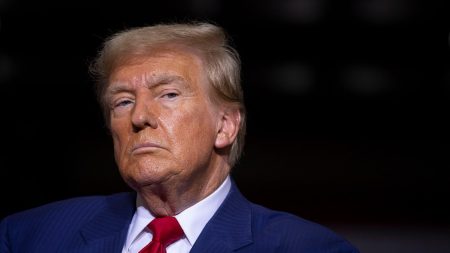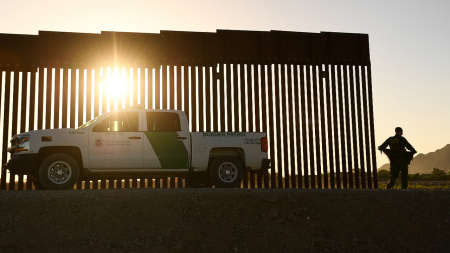The recent report by the Center for Strategic and International Studies (CSIS), a Washington D.C.-based think tank, alleging the existence of Chinese spy bases in Cuba has ignited a firestorm of denial and counter-accusations. The report identifies four sites on the island nation exhibiting characteristics consistent with signals intelligence (SIGINT) gathering operations, potentially targeting U.S. communications and activities. These revelations come amidst escalating tensions between the U.S. and China, further complicating an already fraught relationship marked by trade disputes, technological rivalry, and geopolitical maneuvering. Both China and Cuba have vehemently refuted the report’s claims, dismissing them as baseless fabrications intended to justify hostile policies against Cuba.
The CSIS report meticulously analyzes over a dozen locations in Cuba, highlighting four sites that appear to have undergone significant upgrades despite Cuba’s struggling economy. These enhancements coincide with a period of deepening economic ties between Cuba and China, suggesting a potential quid pro quo arrangement. The four sites exhibit telltale signs of intelligence gathering infrastructure, including “observable SIGINT instrumentation,” robust physical security measures, and other indicators consistent with espionage activities. One particularly noteworthy site is the Bejucal facility, situated on a hill overlooking Havana. This location, infamous for housing Soviet missiles during the Cuban Missile Crisis, has long been suspected of harboring Chinese intelligence operations. Satellite imagery analyzed by CSIS confirms ongoing activity at the site, with multiple entrances leading to underground facilities, the precise nature of which remains unclear. The presence of numerous antennas, including those designed for intercepting satellite communications, further strengthens the suspicion of intelligence gathering activities.
The strategic location of the Bejucal facility, merely 100 miles from the Florida coast, raises concerns about its potential to monitor sensitive U.S. activities. This proximity would allow for the collection of data on rocket launches from Kennedy Space Center and Cape Canaveral Space Force Station, vital assets in the ongoing U.S.-China space race. The intense competition between the two nations in space exploration makes any potential compromise of U.S. launch data a matter of significant national security concern. Another site, located on the eastern side of Cuba near Santiago de Cuba, is reportedly undergoing construction of a large-scale radio signal detection system. This system, with a potential range of 3,000 to 8,000 nautical miles, could further enhance China’s ability to monitor U.S. communications and activities in the region.
Cuba’s historical willingness to host foreign intelligence operations targeting the U.S. adds another layer of complexity to the current situation. During the Cold War, the Soviet Union operated a SIGINT facility near Havana, the Lourdes Signals Intelligence Complex, which intercepted sensitive U.S. military and commercial communications. This historical precedent, coupled with Cuba’s growing economic dependence on China, lends credence to the possibility of renewed intelligence cooperation between the two nations. China has invested heavily in Cuba’s development, providing approximately $7.8 billion in financing, potentially creating leverage for Beijing to pursue its strategic interests on the island.
The strong denials issued by both China and Cuba underscore the sensitive nature of these allegations. Chinese Foreign Minister Mao Ning characterized the cooperation between the two countries as “aboveboard,” emphasizing that it does not target any third party and rejecting any “malicious slander.” Cuban Foreign Minister Carlos de Cossio echoed this sentiment, attributing the reports to “Cuba’s enemies” in the U.S., claiming they are fabricated to justify the U.S.’s economic embargo against Cuba. These denials, however, have not fully allayed concerns within the U.S., particularly given the escalating tensions and strategic competition between the two superpowers.
The CSIS report and the subsequent denials have further exacerbated the already strained relationship between the U.S. and China. The allegations of Chinese espionage in Cuba come at a time of heightened scrutiny of China’s global ambitions and its expanding military capabilities. The U.S. has already taken steps to restrict Chinese access to sensitive technologies and investments, and these new allegations are likely to fuel further calls for a tougher stance against Beijing. The situation also presents a challenge for the Biden administration, which must navigate a delicate balance between addressing legitimate national security concerns and avoiding further escalation of tensions with China. The potential for miscalculation and unintended consequences remains high, highlighting the need for careful diplomacy and a nuanced understanding of the complex dynamics at play.




